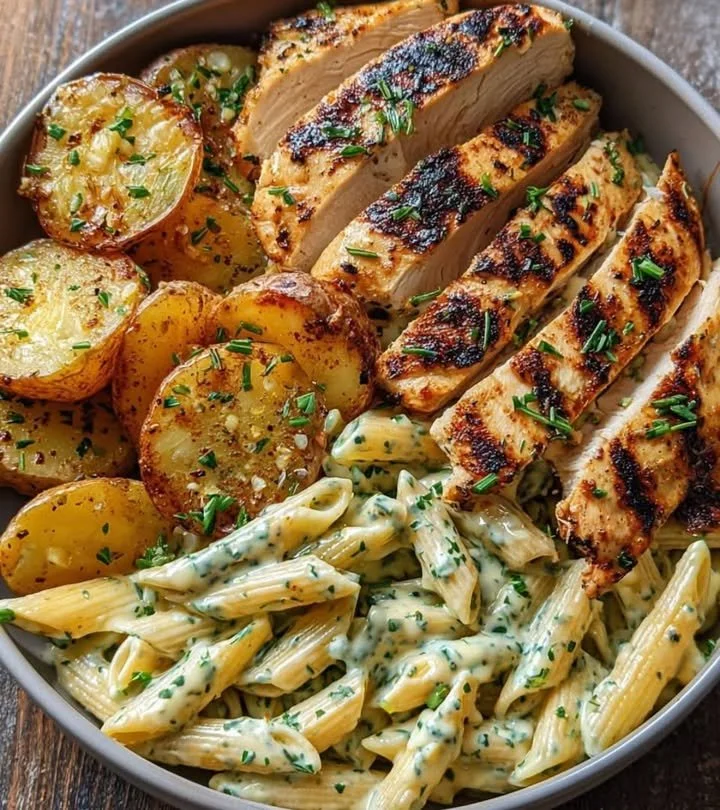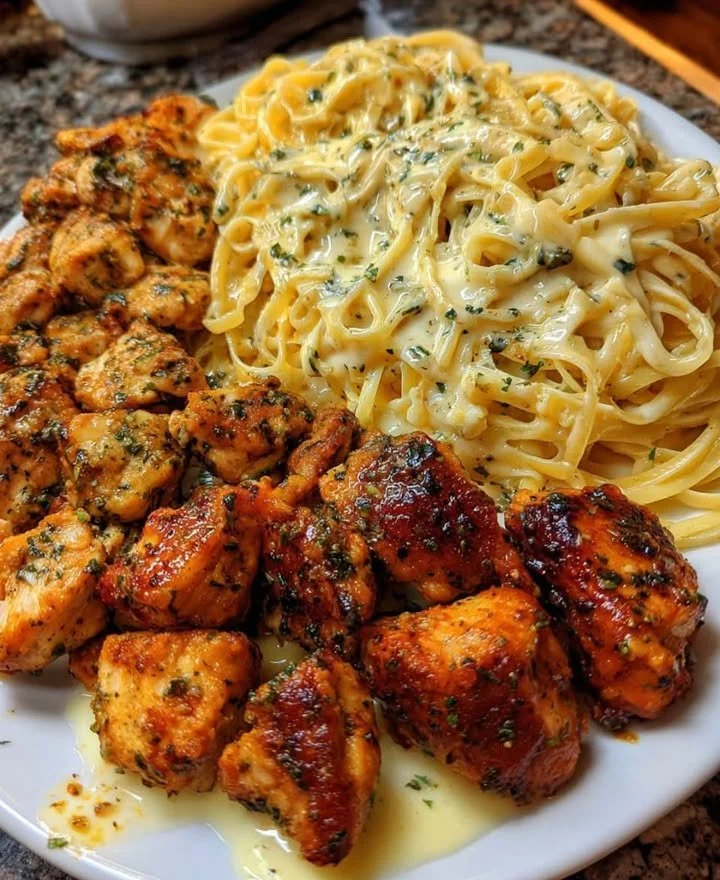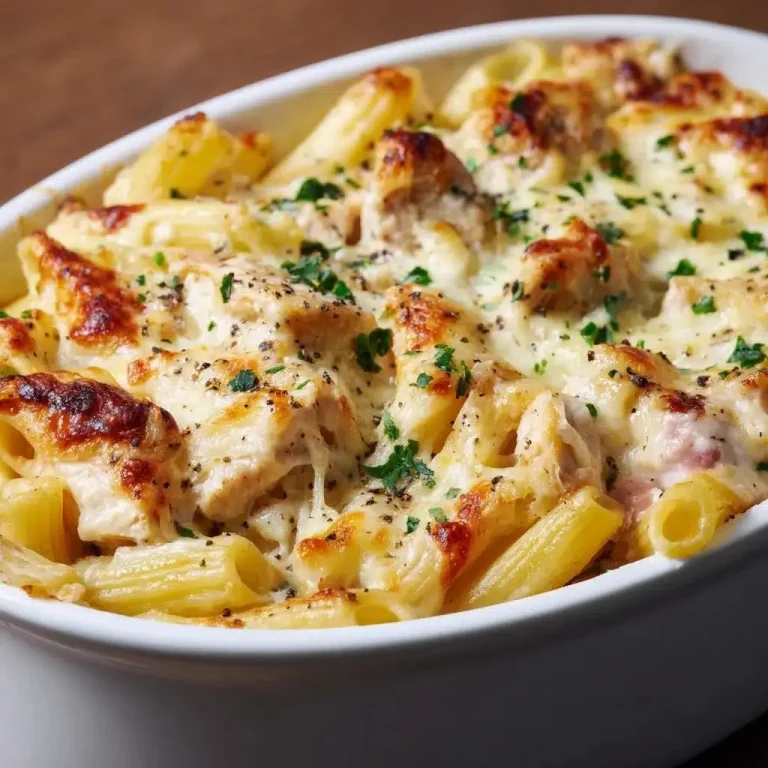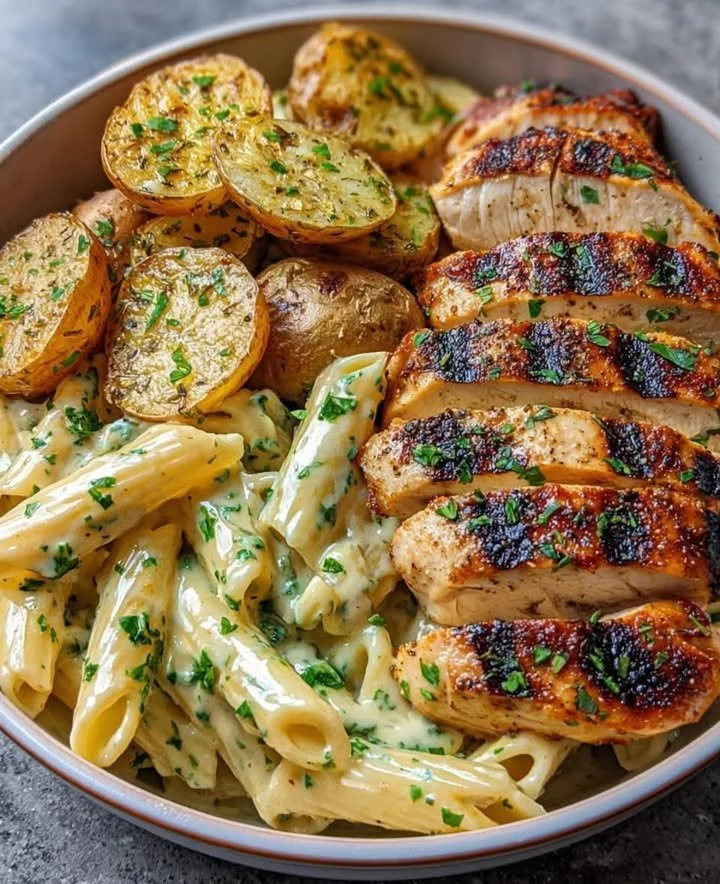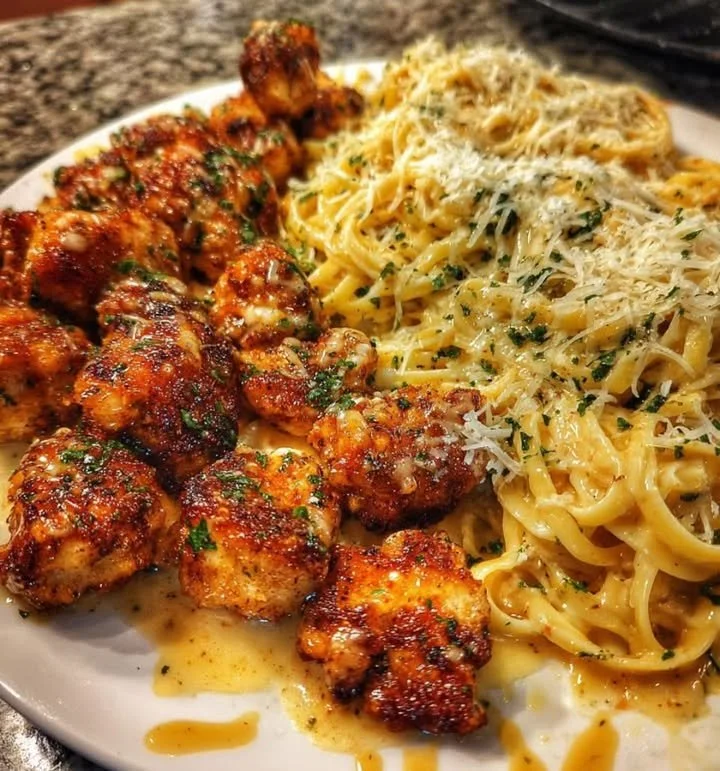Nigerian Buns
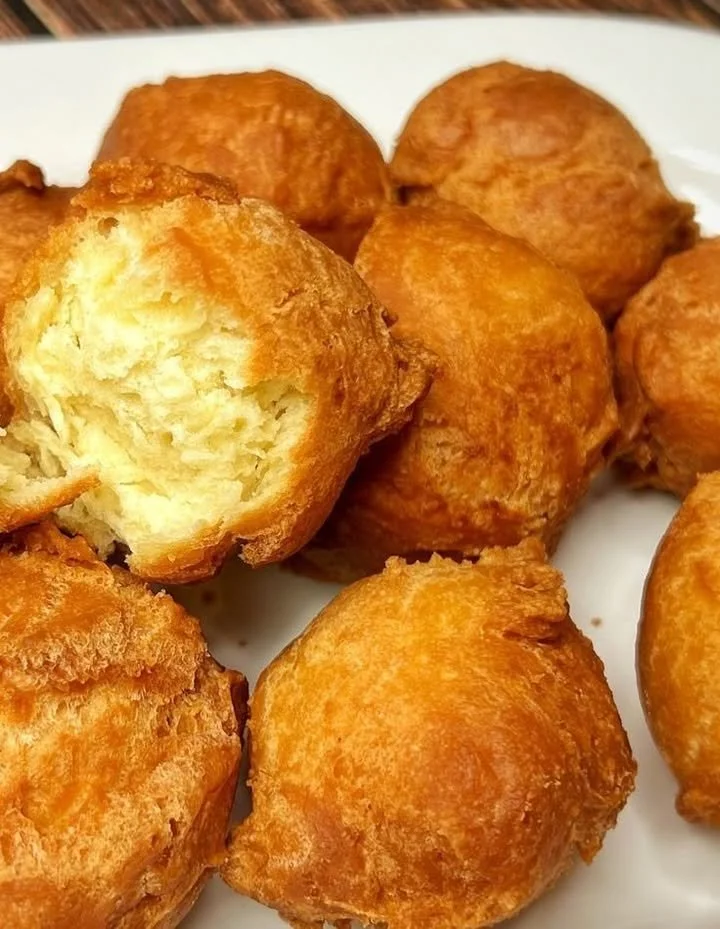
Soft, Sweet Nostalgia: My Love Affair with Nigerian Buns
Whenever I close my eyes and recall Sunday afternoons in my mother’s bustling kitchen, the unmistakable aroma of Nigerian buns instantly springs to mind. The kitchen would be abuzz with laughter and clattering bowls, my siblings hovering nearby, sneaking hopeful peeks at the sizzling pan. These golden, slightly crisp fried treats—our beloved Nigerian buns—were a staple at every celebration and "just because" day.
There’s something downright magical about biting into a warm, fluffy bun, its sweet scent mingling with a hint of nutmeg. It’s more than just a snack; it’s a taste of home and an invitation to gather. If you’re hunting for a simple, deeply satisfying classic African snack, these Nigerian buns will absolutely steal your heart.
Why You’ll Adore This Nigerian Buns Recipe
Here’s why this irresistible Nigerian buns recipe deserves a spot in your snack rotation—no matter where you call home:
- Effortless Comfort Food: You don’t need to be a pro to fry up these golden beauties. The recipe is beginner-friendly, with minimal fuss.
- Perfectly Sweet Crunch: Each bite strikes a delightful balance between a slightly crunchy outside and a soft, sweet center.
- Customize Your Flavor: A dash of nutmeg (trust me, don’t skip it!) gives them an aromatic lift that makes your kitchen smell like pure nostalgia.
- Anytime, Anywhere Snack: Be it breakfast, a midday treat, or cozy family gatherings, Nigerian buns fit right in—I even love sneaking one with my morning coffee.
Ingredients You’ll Need for The Best Nigerian Buns
Making classic Nigerian buns means starting with quality, everyday ingredients (nothing too fancy here; just the good stuff):
- 2 cups (250g) all-purpose flour: Choose unbleached for a wholesome flavor; sifted flour makes the buns airy.
- 1/4 cup (50g) sugar: Use your favorite granulated sugar for that classic, lightly sweet bun.
- 1/2 teaspoon salt: Just enough to balance the flavors.
- 1 teaspoon baking powder: This helps your buns puff up soft and light—the bigger the rise, the better!
- 2 tablespoons butter (softened): Room temperature yields the crumbliest texture.
- 1/2 cup (120ml) liquid milk or water: Whole milk gives a richer result, but water works in a pinch.
- 1/2 teaspoon nutmeg (optional but highly recommended!): For that authentic, aromatic touch.
- Vegetable oil (for deep frying): Go for a neutral-flavored oil like sunflower, canola, or peanut oil—these can handle high frying heat without overpowering the buns.
Step-by-Step Guide: Making the Perfect Nigerian Buns
Let’s walk through these Nigerian buns, so you feel confident (and excited!) from start to finish.
- Mix Your Dry Ingredients: In a large mixing bowl, stir together the flour, sugar, salt, baking powder, and nutmeg. I find whisking them helps the dough rise more evenly.
- Rub in the Butter: Add the softened butter and use your fingertips to blend it into the flour until the mixture looks like rough breadcrumbs. This step is oddly therapeutic—don’t rush it!
- Add Milk or Water: Pour in the milk (or water) a little at a time, mixing with a spoon or your hand. The dough should be thick yet stretchy—think of it as playdough, but tastier.
- Heat the Oil: Pour enough vegetable oil into a deep pan (about 2-3 inches deep), and heat it on medium. To test if it’s ready, drop a tiny piece of dough; if it sizzles and rises, you’re set.
- Fry in Batches: Scoop small portions of dough with your fingertips or a spoon, gently dropping each one into the hot oil. They’ll puff up and float—so satisfying to watch!
- Turn and Fry Until Golden: Use a slotted spoon to turn the buns, frying until all sides are beautifully golden brown (about 3–5 minutes per batch).
- Drain and Serve: Remove the buns and drain on paper towels before serving. Try not to eat them all at once!
My Secret Tips and Tricks for Nigerian Buns Success
- Achieve Fluffy Perfection: Don’t overwork the dough. Mix just until combined, or the buns will be tough.
- Avoid Soggy Buns: Keep oil at medium heat. Too hot? The outside burns while inside stays raw. Too cool? You’ll end up with greasy buns.
- Nutmeg Magic: Freshly grated nutmeg adds deeper, irresistible aroma—I promise, it’s worth seeking out!
- Use a Cookie Scoop: For evenly sized buns (great tip for easy African snacks to impress at parties).
Creative Variations and Ingredient Swaps
Love to play around in the kitchen? Here’s how you can make these Nigerian buns your own:
- Dairy-Free: Use water and margarine (instead of milk and butter) for vegan-friendly buns.
- Cinnamon Kick: Swap nutmeg for ground cinnamon (or combine both!) for an extra warm flavor profile.
- Coconut Twist: Replace 1/4 cup of the flour with desiccated coconut for a subtle tropical hint.
- Healthier Oil: Try air frying or shallow frying with less oil for a lighter, homemade snack.
- Gluten-Free Nigerian Buns: Use a high-quality gluten-free flour mix for a crowd-pleasing, allergy-friendly version.
How to Serve and Store Your Nigerian Buns
Enjoy these Nigerian buns fresh and warm for maximum deliciousness. Here’s how I love to serve mine (and make them last):
- Best Served: With a cup of tea or coffee, or alongside a refreshing African hibiscus drink (zobo)—seriously, it’s comfort food heaven!
- Storing Leftovers: Keep in an airtight container at room temperature for up to 2 days. Reheat briefly in the oven to restore crispness.
- Freezing: Place cooled buns in a freezer-safe bag and freeze for up to a month. Heat straight from frozen in the oven for a taste of Africa anytime.
FAQs: Your Top Questions About Nigerian Buns Answered
How are Nigerian buns different from puff-puff?
While both are fried snacks, Nigerian buns are denser, with a crispier exterior and bread-like inside. Puff-puff is usually lighter and more pillowy (think of it as a distant doughnut cousin).
Can I make my Nigerian buns ahead of time?
Absolutely! Buns are best enjoyed fresh, but you can prep the dough a few hours early and refrigerate, frying just before serving.
Why did my buns soak up too much oil?
This usually means your oil wasn’t hot enough, or the dough was too runny. Always test a small piece first and adjust heat as needed.
Can I use self-rising flour?
You can substitute self-rising flour (just skip the baking powder and salt) for deliciously fluffy buns—the method stays the same.
What’s the best oil for frying Nigerian buns?
Go for neutral oils with high smoke points—like vegetable, canola, or sunflower—to keep the classic Nigerian buns flavor pure and light.
Whether you’re a homesick Nigerian, a globetrotter hungry for new flavors, or simply in search of a truly comforting African snack, this classic Nigerian buns recipe will fill your kitchen with the nostalgic warmth of “home.” I hope you love every golden, sweet bite as much as I do—don’t forget to share your kitchen victories and memories below! 💛
